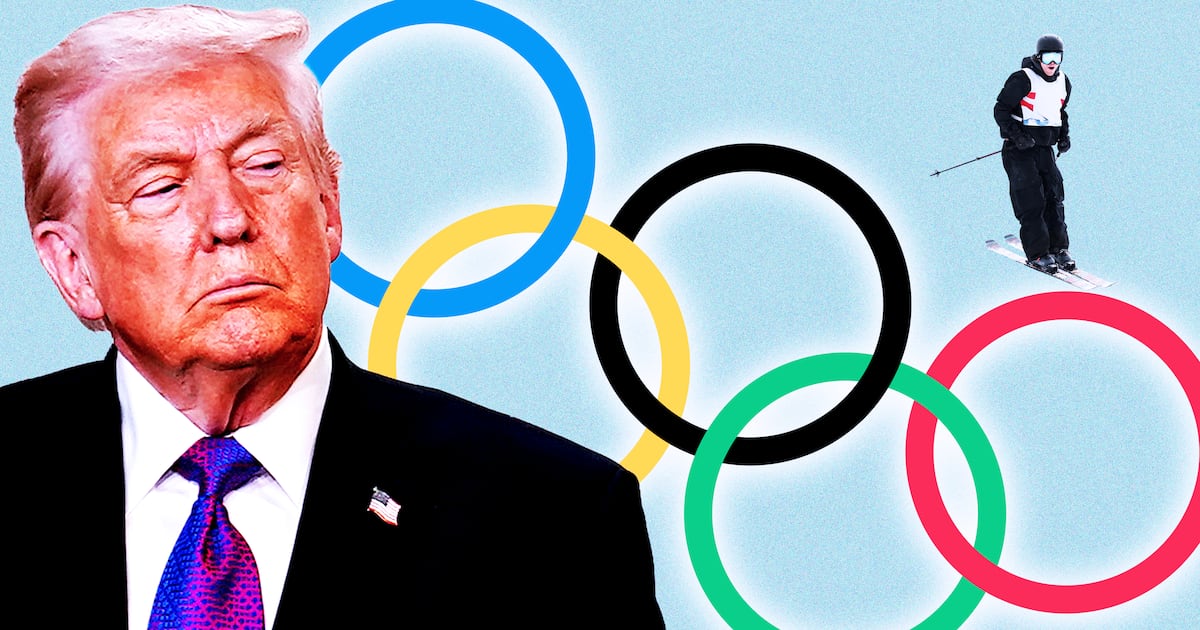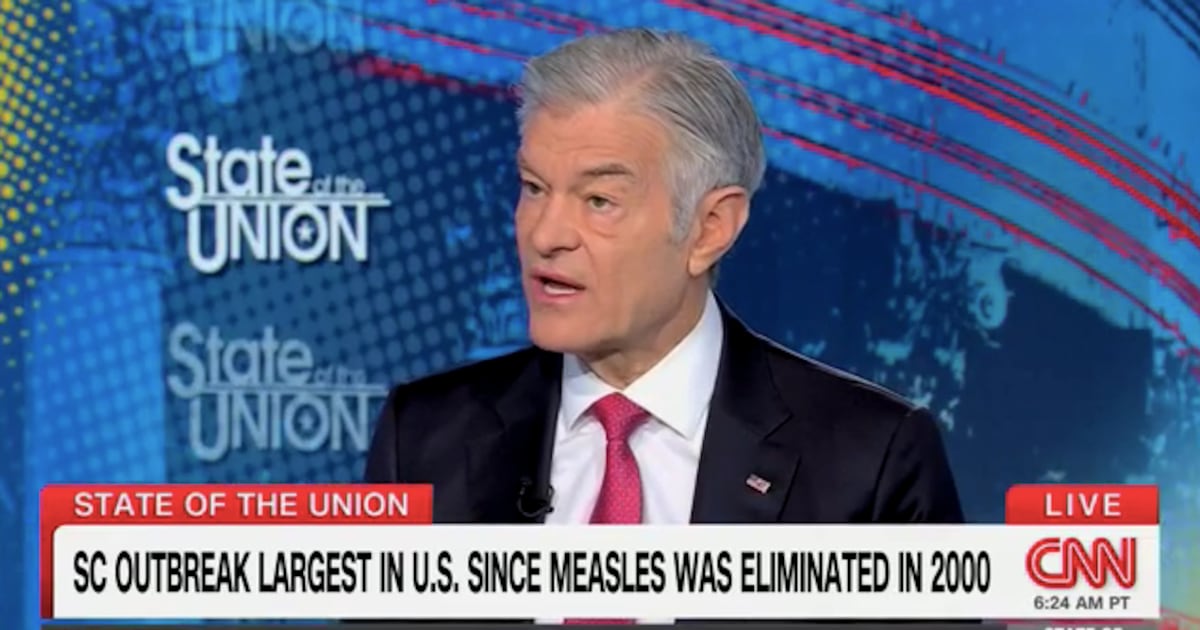Press exhaustion is starting to affect coverage of the campaign.
While the presidential primary was the lead story most days between December and February, FiveThirtyEight’s Nate Silver calculated that “in March, however, the nomination campaign has been the lead story just two times in 17 days.” The implicit editorial judgment is that this race has been dragging on for too long; it has lost its novelty; it is no longer news.
With a massive Mitt win in Puerto Rico (gracias to the local party machine) and an ARG poll showing Mitt Romney with a 14-point lead in Illinois, we are hearing more commentators start to parrot the Team Romney spin–this race is essentially over.
The argument they’re making is mathematical, but it focuses on the wrong metric.
Yes, Mitt Romney has a big lead, with 519 delegates—more than double Rick Santorum’s 239, according to CNN’s calculations. But the only thing that matters in this race is whether a candidate can get to 1,144 delegates to clinch the nomination. To do that, Romney, who’s taken in total less than two fifths of the popular primary vote while outspending his opponents more than five to one, would need to win half of the remaining delegates.
Santorum, Gingrich, and Paul have all announced their intention to carry their campaigns to Tampa. The RNC decision to make this year’s primary delegates proportional and the advent of super PACs combine to make this more than bluster. They can’t be forced out by a lack of funds, like candidates in the past. The real race now isn’t to beat Mitt in the total number of delegates but to block Romney from getting the nomination outright.
The earliest Mitt can clinch now is June, possibly as late as the final state scheduled—winner-take-all Utah (which of course, Romney will easily win). Ending this prematurely may be expedient for the Republican Party, but the process is already in place, and it looks like every state will get a chance to vote in a meaningful primary—and that’s a good thing if you like democracy.
The Republican establishment’s calls for party unity are complicated by the fact that Romney has failed to unite the party around him to date, with 62 percent of Republican primary voters so far voting for someone else, despite the weak alternatives.
Even in the lead-up to Illinois, local party leaders are finding it hard to muster enthusiasm for Mitt. Former House minority leader Bob Michel, an Illinois Republican, recently said, “He's not overwhelming, that's the problem through the whole damn primary. What's the spark? What's the thing that gets him off and running? No one knows." The popular former Illinois Republican governor Jim Edgar notably declined to endorse a candidate this year for the first time in his political career, telling Politico: “Romney just doesn’t get folks real excited.”
Ever since Mitt’s misreported “win” in Iowa was followed by his genuinely strong showing in New Hampshire, we’ve been hearing pundits call this race over, anointing Mitt “the Inevitable Nominee.” This was true after Florida, Nevada, and even that home-state squeaker, Michigan. And after every supposedly decisive Mitt victory, voters seemed to undercut the inevitability narrative, giving states like South Carolina, Minnesota, Colorado, Tennessee, Mississippi and Alabama to someone else. It won’t be over after Illinois, either. We’re only halfway through the primary states.

It will only be over if Mitt reaches 1,144 delegates—and that won’t happen for at least two more months.
My first column for The Daily Beast, back in November of 2008 was titled “Journalists, Please Take Your Ritalin” (then, as now, I don’t write the headlines)—its first line: “The U.S.A. Has ADD.” I was writing about how just two weeks after the 22-month presidential campaign ended, while President-elect Obama was still selecting his cabinet, pundits were already projecting ahead to 2012.
Now the primaries are actually here, and we can’t wait to call the race. Let’s give the process a chance to play out. Call me old-fashioned, but I think that the more people who get a chance to vote, the better.






